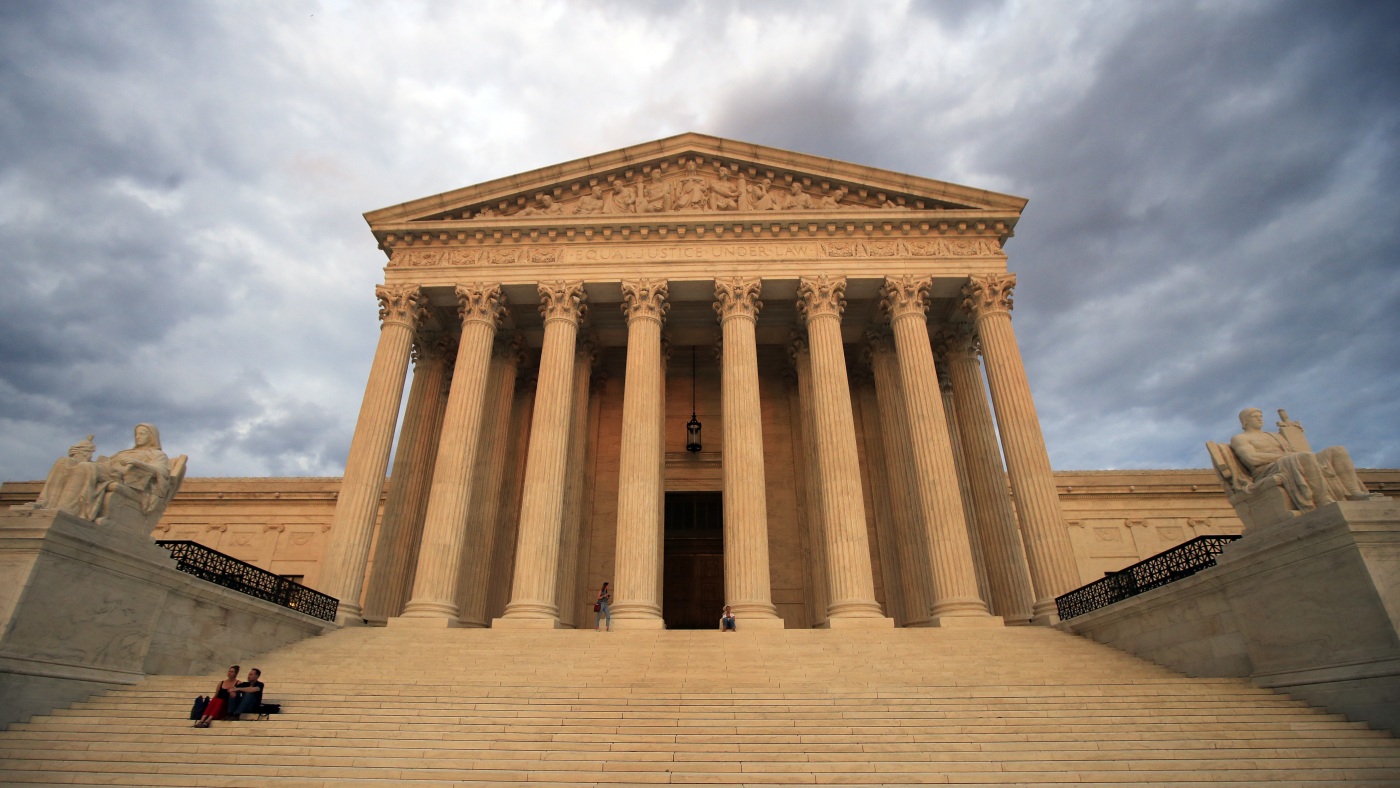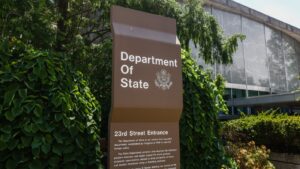ACLU Raises Alarm Over Swift Deportations Under Alien Enemies Act

FILE – The U.S. Supreme Court is seen near sunset in Washington, Oct. 18, 2018.
Manuel Balce Ceneta/AP
The American Civil Liberties Union (ACLU) has raised concerns over the expedited deportations being conducted under the Alien Enemies Act by immigration authorities. This action persists despite the U.S. Supreme Court’s limitations on the law’s application.
Venezuelans held in Texas were recently informed of immediate deportation under the Alien Enemies Act. This seldom-used law from the 18th century allows authorities to rapidly remove non-citizens considered threats. According to ACLU lawyer Lee Gelernt, migrants at the Bluebonnet Detention Facility in Texas were being prepared for deportation.
The U.S. Supreme Court’s recent ruling allows the Trump administration to deport under this act, provided detainees have due process to contest their removal. The government claims that 137 migrants, accused of being members of the Venezuelan gang Tren De Aragua, have been deported under this act.
NPR couldn’t independently verify the number of deportees from this facility, and the Department of Homeland Security has not provided additional details. “We are not going to reveal the details of counter-terrorism operations, and we are complying with the Supreme Court’s ruling,” stated Assistant Secretary of Homeland Security Tricia MacLaughlin.
ACLU Seeks Emergency Injunction from the Supreme Court
The ACLU has requested an emergency injunction from the Supreme Court, urging that migrants subject to the Alien Enemies Act receive a 30-day advance notice. The group argues that the current government notice fails to meet the Supreme Court’s requirements, emphasizing the need for translated notices and adequate time for review.
At an emergency hearing, federal judge James Boasberg criticized the notice forms as lacking information on the right to challenge deportation. “It doesn’t say you have the right to contest, you have the right to challenge anything. It’s just telling you here’s the notice, you’re getting removed,” Boasberg remarked to Justice Department attorney Drew Ensign.
Though the Justice Department defends the notice’s compliance with the Supreme Court’s guidance, federal judges in several districts have blocked deportations using this act. The ACLU has also pursued legal action to stop deportations at various Texas detention centers, including Bluebonnet, alleging that many Venezuelan migrants were specifically transferred there for deportation, a claim the government denies.
During the hearing, Justice Department lawyer Ensign stated there were no planned deportation flights for Friday and none scheduled for Saturday, although the government “reserves the right to remove people on Saturday.” Judge Boasberg acknowledged the ACLU’s concerns but indicated the Supreme Court’s authority over the matter.
Earlier, Judge Boasberg found probable cause for the Trump administration’s criminal contempt for disobeying his ruling. However, the Supreme Court determined only judges in districts where migrants are held can halt their removal.
Reporting contributions from Stella M. Chávez of The Texas Newsroom and NPR’s Ximena Bustillo.
This article was originally written by www.npr.org





